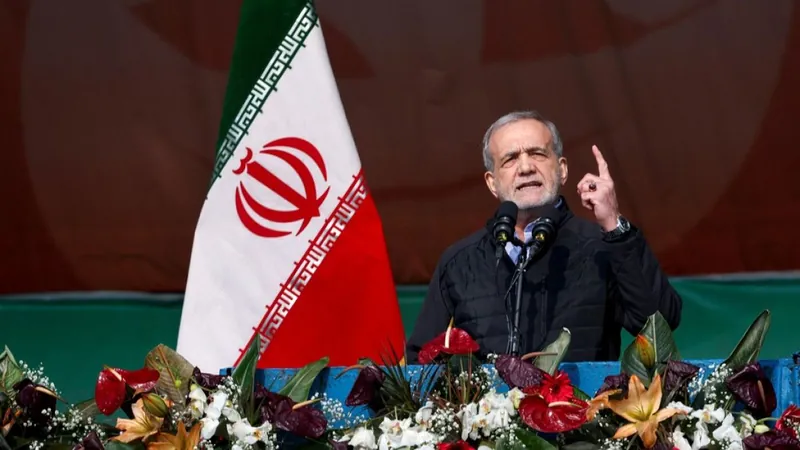
Iran Stands Firm Against Direct US Negotiations: Trust is the Key to Future Dialogue
2025-03-30
Author: William
Iran’s Stance on US Negotiations
In a bold statement over the weekend, Iranian President Masoud Pezeshkian declared that the Islamic Republic will not engage in direct negotiations with the United States regarding its nuclear program, emphasizing that a breach of trust has been the crux of ongoing tensions.
"We don't avoid talks," Pezeshkian remarked during a televised cabinet meeting. "It's the breach of promises that has caused issues for us so far. They must prove that they can build trust." This statement comes in light of a letter from US President Donald Trump dated March 12, the specifics of which remain undisclosed.
Possibility of Indirect Negotiations
While Pezeshkian firmly rejected direct discussions, sources indicate that Iran may be open to indirect negotiations facilitated through intermediaries. This could signal a glimmer of hope for potential back-channel communications, even as the Iranian government holds a cautious stance.
US Response and Warnings from Trump
The White House has not reacted immediately to these comments, but in a recent NBC interview, Trump warned of severe consequences should a deal not be reached. "If they don’t make a deal, there will be bombing and it will be bombing the likes of which they have never seen before," Trump asserted, escalating the rhetoric surrounding the already fraught US-Iran relations.
Iran's Foreign Minister on Negotiations
Earlier this month, Iran’s Foreign Minister Abbas Araghchi further entrenched the country’s position, stating that direct negotiations are off the table as long as Washington continues its aggressive sanctions strategy. “We will not enter any direct negotiations with the US so long as they continue their maximum pressure policy and their threats,” Araghchi explained.
Sanctions Strategy under Trump
Since the beginning of Trump's presidency, the administration has reinstated sanctions against Iran, particularly targeting its lucrative oil sector, as part of a broader strategy to weaken the Iranian economy and force the government to concede to US demands.
Supreme Leader's Shifting Position
Interestingly, Iran's Supreme Leader, Ali Khamenei, had initially indicated that engaging with the US could be possible, stating in August that “there is no harm in engaging with the enemy.” However, his recent statements reflect a more hardened stance against negotiations, labeling discussions with Washington as “not intelligent, wise or honorable” after Trump considered the idea of initiating nuclear talks.
Conclusion: The Need for Trust
As the situation develops, the importance of building trust remains paramount for any potential thaw in relations. The question now looms: will either side take the necessary steps to bridge this vast chasm of distrust?
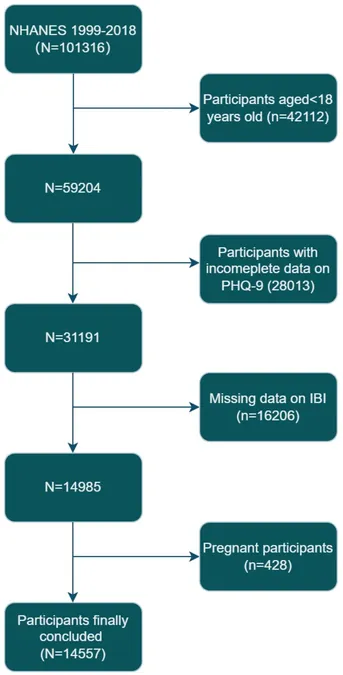



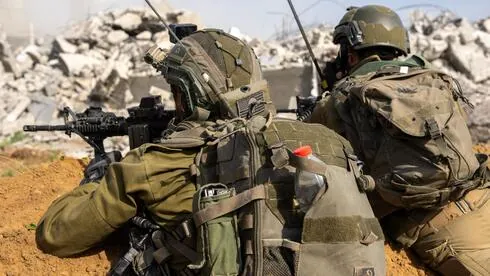


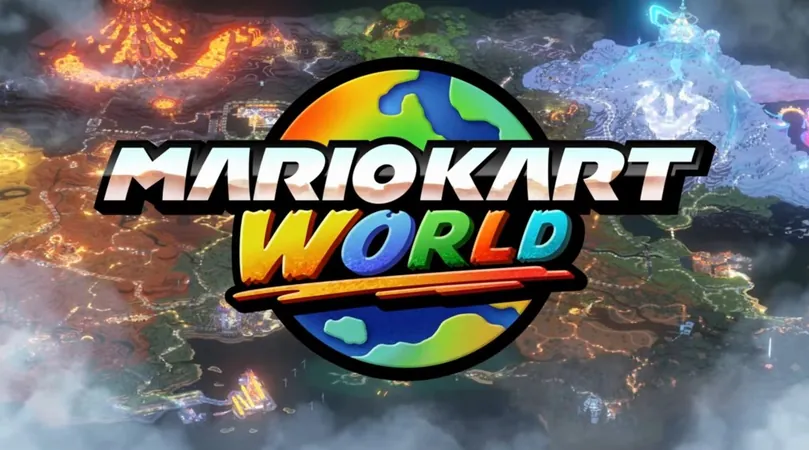
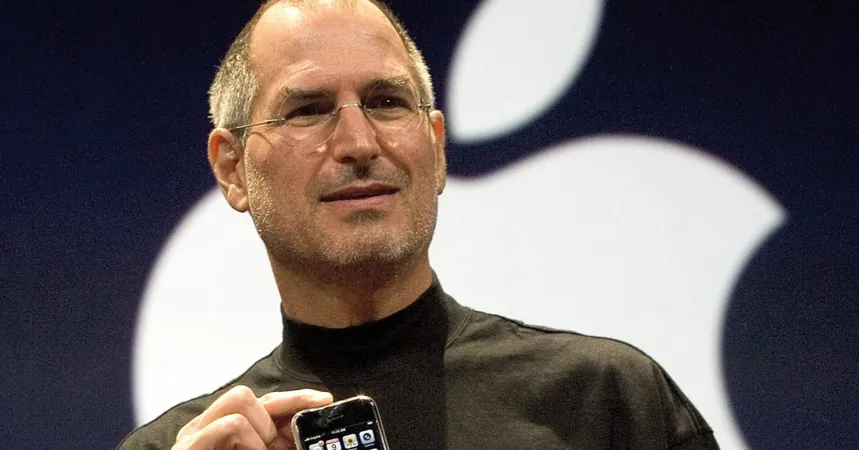
 Brasil (PT)
Brasil (PT)
 Canada (EN)
Canada (EN)
 Chile (ES)
Chile (ES)
 Česko (CS)
Česko (CS)
 대한민국 (KO)
대한민국 (KO)
 España (ES)
España (ES)
 France (FR)
France (FR)
 Hong Kong (EN)
Hong Kong (EN)
 Italia (IT)
Italia (IT)
 日本 (JA)
日本 (JA)
 Magyarország (HU)
Magyarország (HU)
 Norge (NO)
Norge (NO)
 Polska (PL)
Polska (PL)
 Schweiz (DE)
Schweiz (DE)
 Singapore (EN)
Singapore (EN)
 Sverige (SV)
Sverige (SV)
 Suomi (FI)
Suomi (FI)
 Türkiye (TR)
Türkiye (TR)
 الإمارات العربية المتحدة (AR)
الإمارات العربية المتحدة (AR)